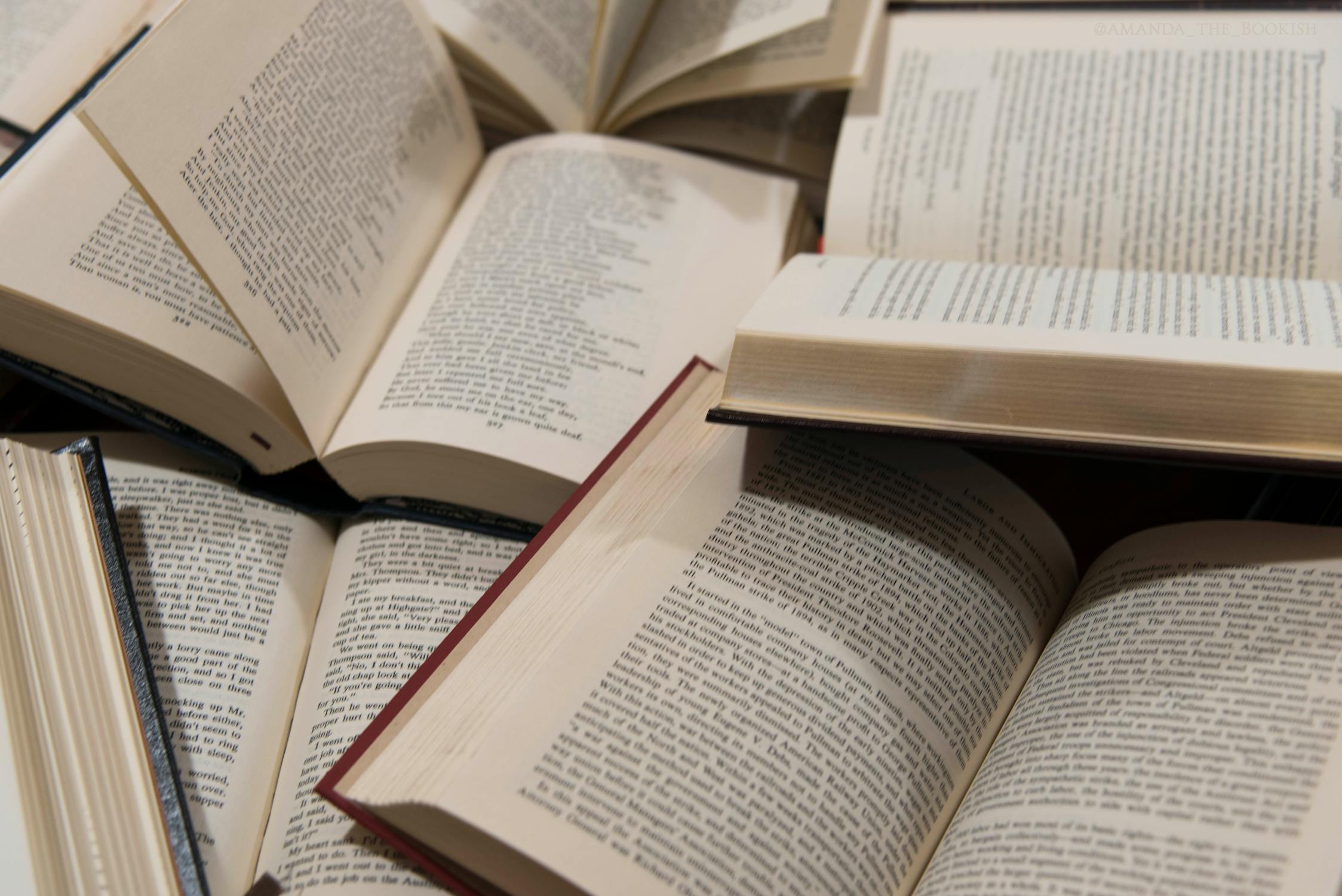The Bahá’í teachings offer profound insights into various facets of human existence, often encapsulating multifaceted concepts within simple yet evocative symbols. One such symbol—the book—serves as a powerful metaphor for knowledge, enlightenment, and the liberation of the mind. For girls, who have historically faced myriad constraints, the act of engaging with literature can become an act of rebellion against societal constraints, illuminating pathways to self-discovery and empowerment. This intersection between girls, books, and the transformative capabilities of Bahá’í teachings can be aptly likened to breaking the chains of terror that seek to bind and limit potential.
At the heart of Bahá’í principles lies the belief in the essential unity of all people. This notion posits that every individual possesses an inherent dignity and potential, irrefutably underscoring the need for women’s education and empowerment. Books become instrumental tools in the realization of this potential, serving not merely as repositories of knowledge but as catalysts for liberation. The act of reading transcends mundane engagement; it offers a passport to realms unexplored and ideologies unexamined, allowing girls to transcend societal limitations and envision their futures far beyond the horizons set by tradition.
In many cultures, girls have been constricted by their societal roles, often relegated to the periphery of educational discourse. The Bahá’í teachings advocate for an equitable approach to education, affirming that educating girls is tantamount to facilitating societal progress. Books, as mediums of truth and wisdom, are pivotal in this endeavor. They convey stories of resilience, courage, and triumph, empowering girls to shatter their chains of fear and uncertainty. The act of reading can transform an ordinary girl into an extraordinary thinker who navigates the complexities of her world with grace and fortitude.
The metaphor of breaking chains extends beyond mere metaphorical language; it invites introspection into the societal structures that perpetuate systemic inequality. Terror, in this context, encompasses not only physical violence but also the psychological ramifications of oppression and ignorance. The Bahá’í teachings address this multifarious form of terror by emphasizing the power of knowledge as a force that dismantles these barriers. By equipping girls with both education and literary resources, we fortify their ability to challenge oppressive norms while fostering critical thinking.
The journey of empowerment through literature is, by nature, a dialogical process. The dialogue between the reader and the text enables marginalized voices to emerge, highlighting themes of courage against oppression. Noteworthy Bahá’í writings, such as those authored by the faith’s Founding Figures, illuminate the realities of injustice and the possibilities of reform. These texts resonate with young girls, urging them to confront the pervasive injustices that curtail their freedoms. As they delve into stories of triumph over adversity, they internalize the tenet that they, too, possess the agency to alter their narratives.
Furthermore, integrating Bahá’í principles into educational curricula fosters a holistic understanding of humanity’s interconnectedness. When girls read about protagonists who reveal resilience in the face of chaos or tragedy, they learn crucial lessons about empathy and compassion. This emotional resonance is invaluable, equipping them with emotional intelligence necessary to foster solidarity and advocate for both personal and communal well-being. A girl’s educational journey enriched with literature inspires her to become a beacon of hope within her community, challenging the status quo from a position of informed conviction.
Moreover, the act of collective reading—where girls convene to discuss and dissect literary works—enhances the communal fabric that binds them. In Bahá’í communities across the globe, collaborative learning is essential. These gatherings serve as spaces of nurture and development, offering girls a forum to express their thoughts, challenge entrenched beliefs, and strategize paths toward social reform. Such interactions serve not only to solidify friendships but to imbue participants with a collective sense of purpose. In this context, breaking chains becomes a communal endeavor, where girls transcend individual struggles to effect broader societal change.
The virtues extolled by Bahá’í teachings—such as justice, equality, and service—are intrinsically woven into the fabric of reading and education. Girls who embrace literature’s boundless horizons learn to advocate for themselves and others, planting seeds of equality within their communities. This advocacy transcends the pages of books, manifesting as tangible actions that challenge discrimination and promote social justice. Each book read symbolizes a chain broken, each idea shared echoes the sentiments of liberation: a depiction of what it means to live in accordance with Bahá’í principles while simultaneously enriching one’s self and community.
In conclusion, the harmonious interplay between Bahá’í teachings, the act of reading, and the empowerment of girls serves as a powerful reminder of the potential that lies within. The metaphor of breaking chains encapsulates the essence of liberation, illustrating how knowledge not only elevates individuals but also catalyzes societal transformation. As innovators, leaders, and catalysts for change, girls equipped with the wisdom from books can navigate through life’s complexities and emerge as torchbearers of hope, reconciliation, and unity. The teachings of Bahá’u’lláh invite each of us to recognize the transformative power of learning—a sacred path that can unearth the promise of a world graced by justice and equality for all.
